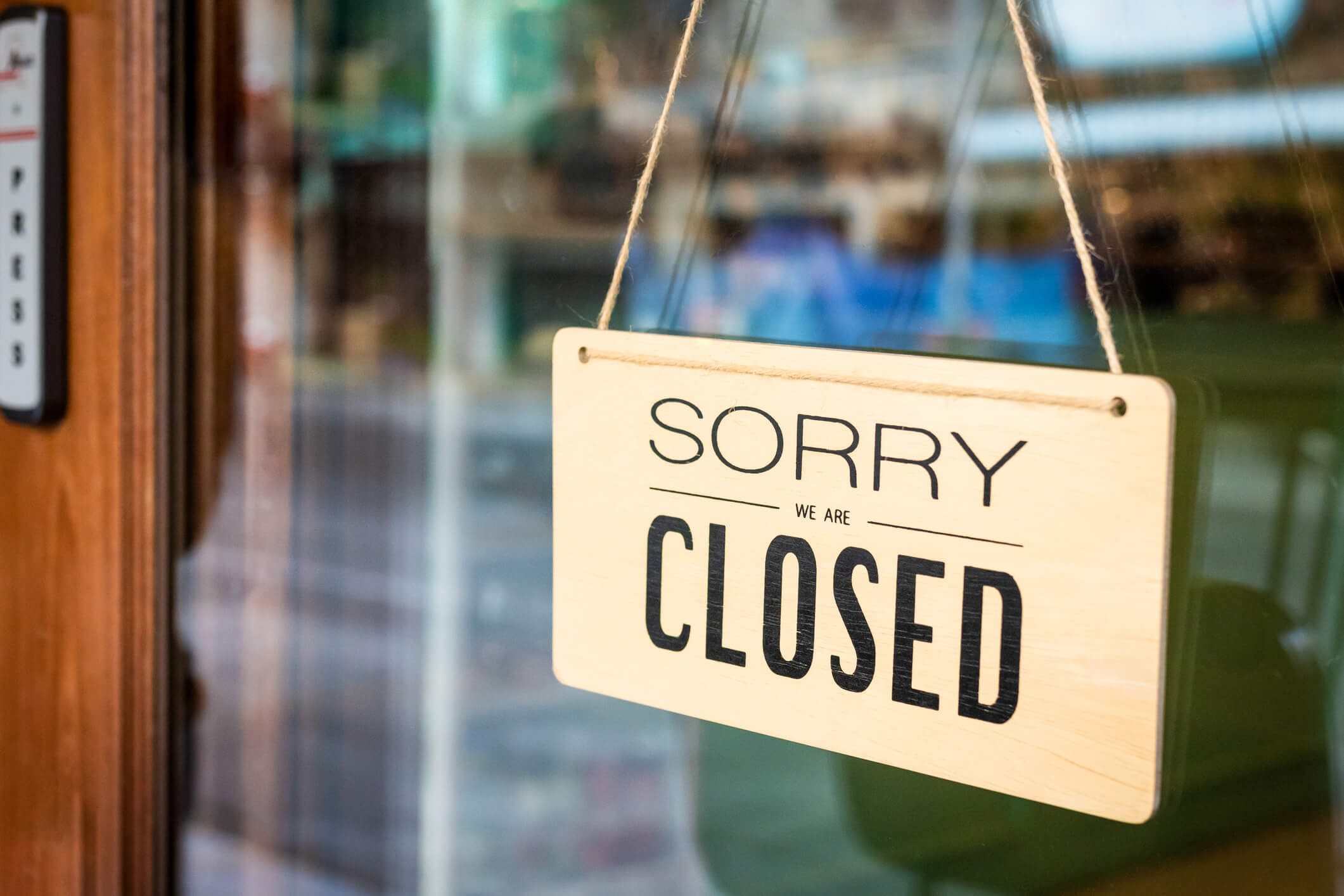There are a number of reasons for closing a company down. Perhaps the business is in trouble, maybe you’re looking to retire, or it could be that the company has simply run its course. Whatever the reason, if you’re considering closing your business, it’s important to know what your options are. In many cases, the best option will be to close the company, however in some cases it may be viable to implement a rescue plan. Before we look at the possibility of business turnaround, let’s look at the methods that can be used to close your company.
How Should I Close My Limited Company? The 2 Main Options
Company Strike Off
In a company strike off, the business is removed from the Companies House register, and ceases to exist. There are two different types of strike off – voluntary or compulsory. A compulsory strike off can occur if a petition is filed by another party, such a Companies House, when a business has failed to file accounts. However, a business can also voluntarily apply to be struck off. If you’re wondering, should I close my limited company via a strike off, you’ll need to ensure that it meets the following criteria:
- Is solvent, with no threat of liquidation present
- Has not traded or changed the company name for 3 months prior to the strike off
- Has no agreements with creditors, such as a Company Voluntary Arrangement (CVA)
A voluntary strike off requires the company to be solvent. So how should I close my limited company if it is insolvent? The best option for this is liquidation.
Liquidation
If your company is insolvent, then you can liquidate it via a Creditors’ Voluntary Liquidation (CVL). This removes creditor pressure quickly and ensures that all affairs are wound up correctly so that business owners can trade in the future. You can also liquidate a company that is solvent, for example, if the business owner is retiring, or is looking for an alternative business venture. A solvent company can be liquidated via a Members’ Voluntary Liquidation (MVL). This is a tax efficient way to extract assets, and wind up the affairs of the company correctly.
If you’re asking the question “should I close my limited company”, then there may be a possibility that you want your business to continue trading. If the company is insolvent, this may not be an option, with the most suitable option being to liquidate the company. However, in some cases, business rescue may be a possibility.
Can My Company Be Rescued?
In order to determine if a business can be rescued, a licensed insolvency practitioner will need to assess if this is a viable option for the company, or if liquidation is more suitable. Rescue options that are available may include:
Company Voluntary Arrangement (CVA)
This is a binding contract between a company and its creditors to pay back some or all of its liabilities over a specified period of time. This provides businesses with the breathing space that they need to implement recovery strategies, without creditor pressure.
Administration
Administration is another useful rescue process that has had success for many companies. This provides an automatic stay on any current or pending legal actions to facilitate the rescue of the company or its sale on a going concern basis.
Restructuring/Refinancing
Restructuring operations within a business can also have a positive impact on returning it to profitability. This may involve financial restructuring, such as rearranging existing debt, as well as operational restructuring, which involves making changes within the team and overall business structure.
If you are wondering “should I close my limited company” and are unsure of the next steps to take, don’t hesitate to get in touch with the team at Ballard Business Recovery. Our experienced team can advise you on the next steps to take, whether that’s recovering the business or closing it down.




